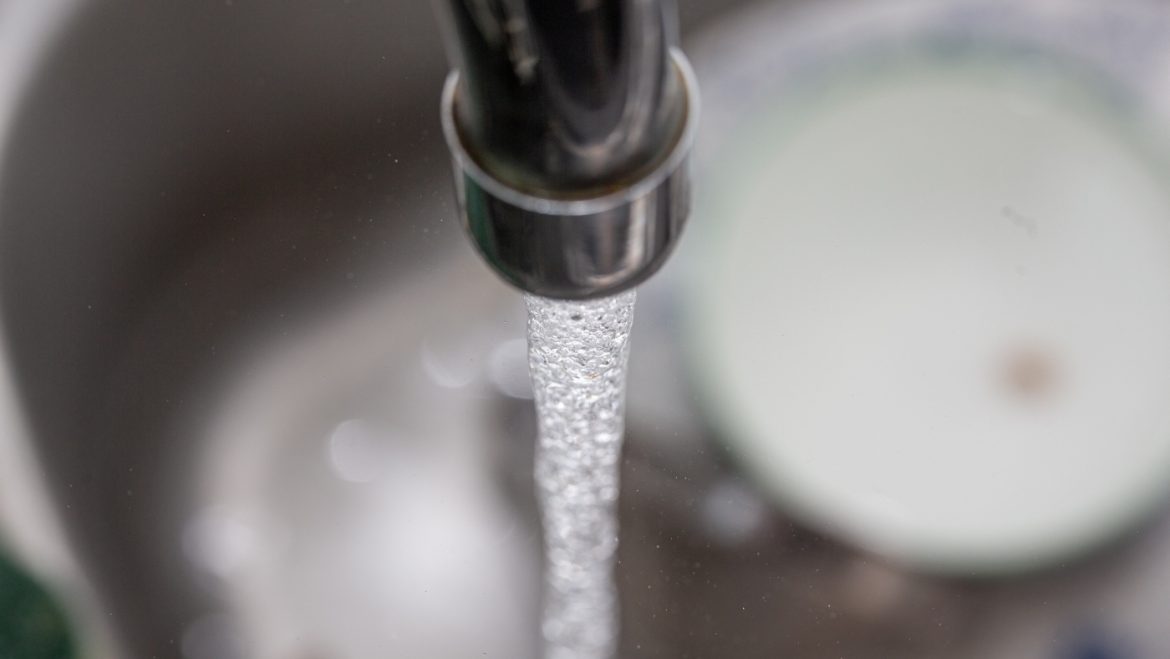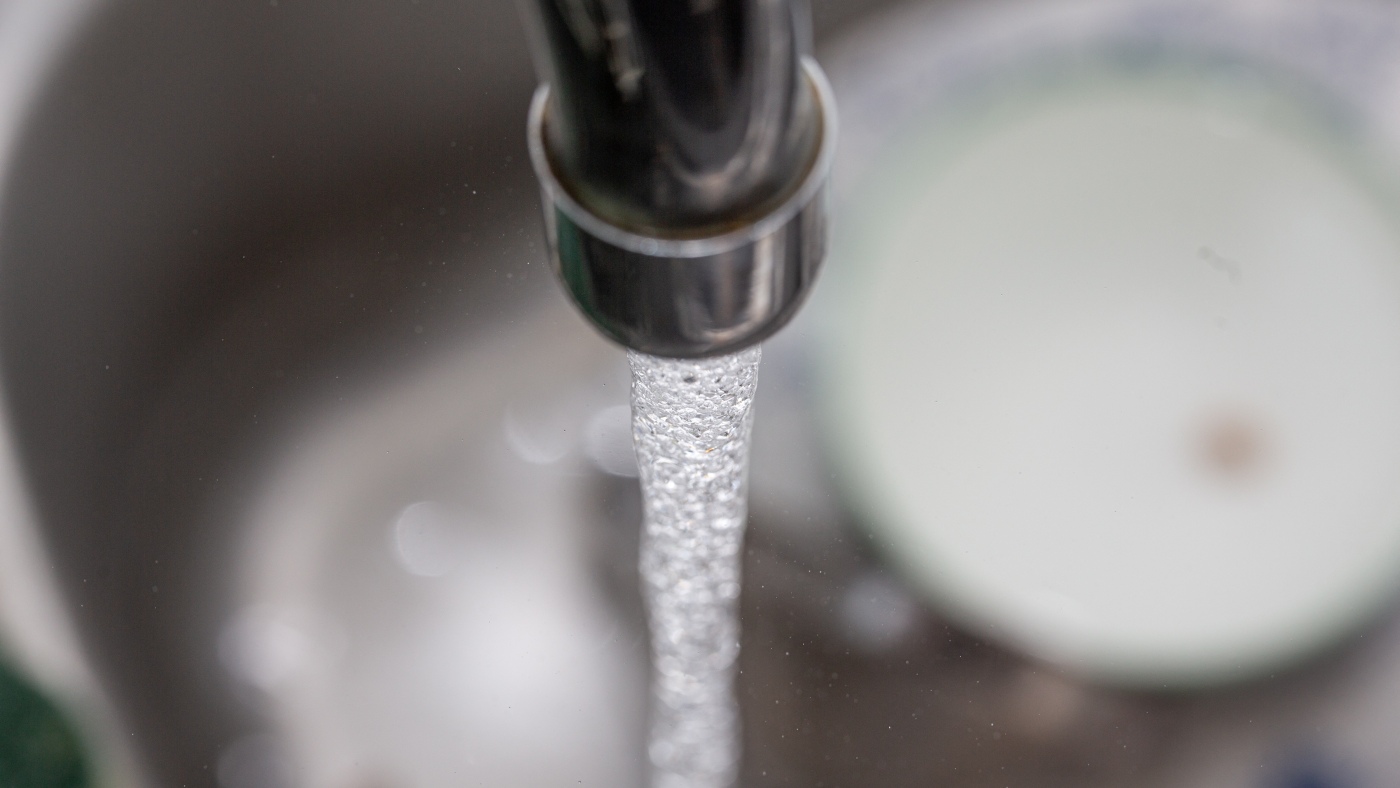Florida’s Move to Ban Fluoride in Public Drinking Water
Florida has taken a significant step towards becoming the second state to ban fluoride in public drinking water, following Utah’s lead. This move, passed by state lawmakers, has sparked considerable debate and controversy, with dentists and public health advocates expressing concern over the potential health implications.
The Legislative Process
The bill, which is part of the larger Florida Farm Bill, has undergone several stages of legislative approval. The Florida Senate passed the bill, which then moved to the House. The Florida House gave final approval to the bill on Tuesday, with a vote of 88-27. The legislation, SB 700, indirectly bans fluoride by preventing local governments from adding the substance to water supplies. The bill now awaits the signature of Governor Ron DeSantis, who has previously referred to water fluoridation as “forced medication.”
The Controversy Surrounding Fluoride
The debate over fluoride in drinking water is not new. Fluoride has been added to public water supplies for decades as a means of preventing tooth decay. However, the practice has long been contentious, with opponents arguing that it is a form of mass medication and that individuals should have the choice to consume fluoride or not. Proponents, on the other hand, point to the extensive research supporting fluoride’s effectiveness in reducing cavities and improving dental health.
Public Health Concerns
Dentists and public health advocates have expressed strong opposition to the proposed ban. They argue that fluoride is a safe and effective way to protect people of all ages from developing cavities. The American Dental Association (ADA) and the American Medical Association (AMA) both support water fluoridation as a public health measure. They contend that the benefits of fluoride far outweigh the risks, particularly for vulnerable populations such as children and low-income individuals who may not have access to regular dental care.
Environmental and Economic Considerations
Beyond health concerns, the ban on fluoride also raises environmental and economic questions. Fluoride is a naturally occurring mineral, and its presence in water can vary depending on the region. Some argue that banning fluoride could lead to increased use of dental treatments and products, which may have environmental impacts. Additionally, the economic burden of dental care could shift from a community-wide preventive measure to individual responsibility, potentially increasing healthcare costs.
The Role of Governor DeSantis
Governor Ron DeSantis’ stance on fluoride has been clear. He has referred to water fluoridation as “forced medication,” aligning himself with those who view the practice as an infringement on individual rights. His office has not commented on whether he will sign the bill, but his previous statements suggest that he may support the ban. If signed, Florida would join Utah as the second state to prohibit the addition of fluoride to public water supplies.
The Broader Context
The move to ban fluoride in Florida is part of a broader trend of states and municipalities reconsidering public health policies. As public awareness of health and environmental issues grows, so too does the scrutiny of long-standing practices. The debate over fluoride is just one example of how science, policy, and public opinion intersect in shaping health outcomes.
The Impact on Public Health
If the bill is signed into law, the impact on public health could be significant. Fluoride has been shown to reduce tooth decay by up to 25% in communities where it is added to the water supply. For children and adults who do not have access to regular dental care, this preventive measure can be crucial. The ban could lead to an increase in dental problems, particularly in underserved communities.
The Future of Fluoride in Florida
As Florida moves closer to becoming the second state to ban fluoride, the future of public health in the state hangs in the balance. The decision will have far-reaching implications for dental health, public policy, and individual rights. The coming weeks will be crucial as Governor DeSantis decides whether to sign the bill, potentially setting a precedent for other states to follow.
Conclusion: A Crossroads for Public Health
Florida stands at a crossroads in its approach to public health. The proposed ban on fluoride in drinking water represents a significant shift in policy, one that could have lasting effects on the dental health of its residents. As the debate continues, it is essential to consider the scientific evidence, public health implications, and the rights of individuals. The decision ultimately rests with Governor DeSantis, whose signature will determine the future of fluoride in Florida’s water supply. The outcome of this legislative process will undoubtedly shape the conversation around public health and individual rights in the years to come.


